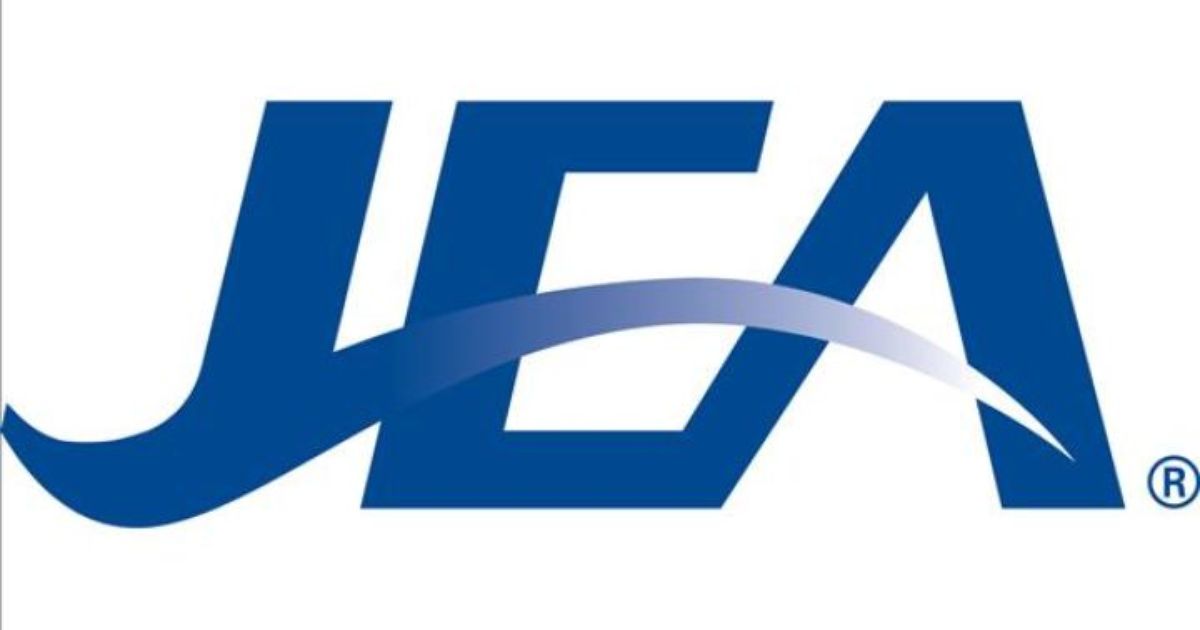JEA sent out a warning to customers Tuesday due to a large volume of phone scam complaints.
The company said customers are receiving calls from scammers who claim to be from JEA. The scammers threaten to shut off service if a fine isn't paid in 30 minutes.
Residents who receive these calls are asked to notify JEA at 904-665-6000. Commercial customers are asked to call 904-665-6250.
JEA has also offered up suggestions for future occurrences.
Signs of Potential Scam Activity:
- Threat to disconnect: Scammers may aggressively tell a customer his or her utility bill is past due and service will be disconnected if a payment is not made – usually within less than an hour.
- Request for immediate payment: Scammers may instruct the customer to purchase a prepaid card – widely available at retail stores – then call them back supposedly to make a bill payment to his or her utility company.
- Request for prepaid card: When the customer calls back, the caller asks the customer for the prepaid card’s number, which grants the scammer instant access to the card’s funds, and the victim’s money is gone.
How Customers Can Protect Themselves:
- Customers should never purchase a prepaid card to avoid service disconnection or shutoff. Legitimate utility companies do not specify how customers should make a bill payment and always offer a variety of ways to pay a bill, including accepting payments online, by phone, automatic bank draft, mail, or in person.
- If someone threatens immediate disconnection or shutoff of service, customers should hang up the phone, delete the email, or shut the door. Customers with delinquent accounts receive an advance disconnection notification, typically by mail and included with their regular monthly bill. Companies never send a single notification one hour or less before disconnection.
- If customers suspect someone is trying to scam them, they should hang up, delete the email, or shut the door. They should call their utility company at the number on their monthly bill or the company’s website, not the phone number the scammer provides. If customers ever feel that they are in physical danger, they should call 911.


